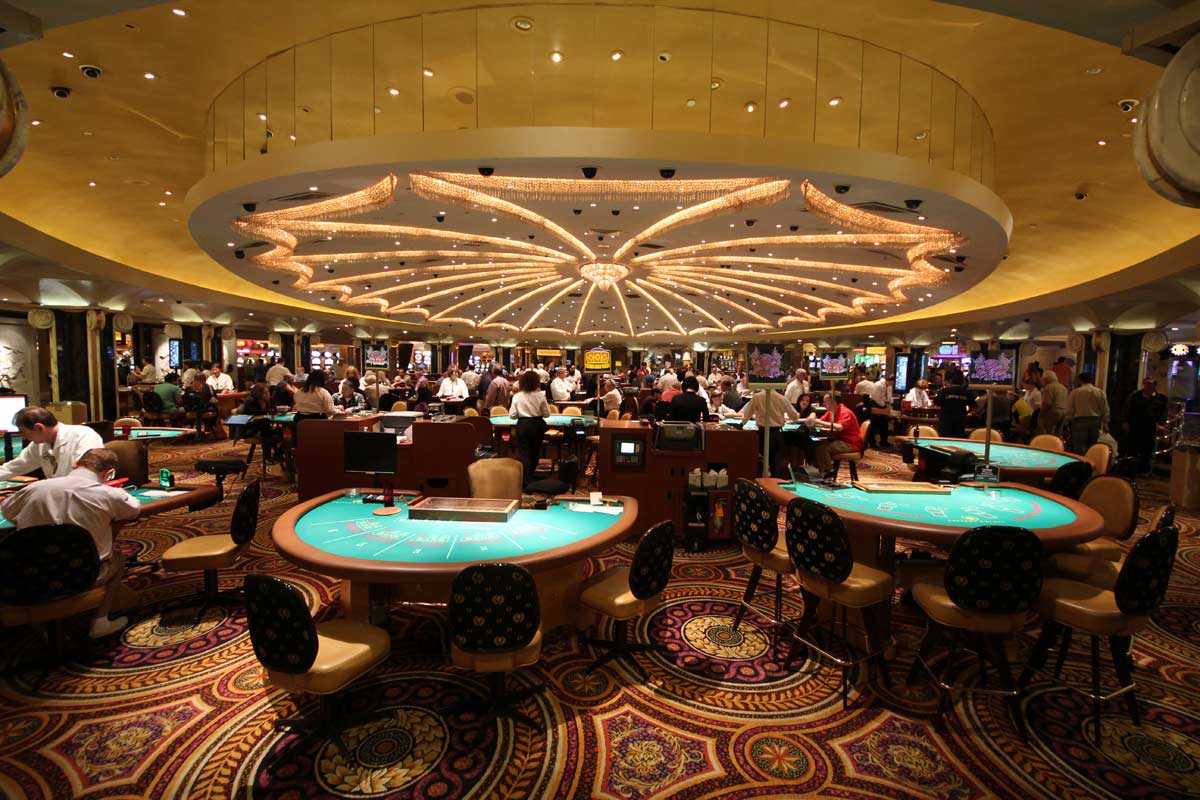
When we think of casino activities, the initial pictures that frequently come to mind are those of rotating roulette wheels, poker chips clattering on fabric tables, and dice flying across a betting surface. While numerous view these games as simple pastimes fueled by chance, a deeper exploration reveals a fascinating blend of strategy, expertise, and social engagement that raises them well beyond simple luck. Whether you are a experienced player or a curious newcomer, grasping the subtleties of these games can greatly enhance your experience and understanding.
Casino activities have evolved over centuries, with different cultures contributing to their diverse histories and different forms. From the intricate tactics of blackjack to the bluffing methods in card games, players engage in a contest of intellect as much as a risk on numbers. non GamStop bookmakers This dynamic interplay between luck and expertise creates a thrilling atmosphere that draws countless people to gambling establishments worldwide. As we delve into the realm of table activities, we will reveal the strategies that can tilt the odds in your favor and the social elements that make these games a favored choice for entertainment and interaction.
The Approach of Casino Games
Casino games often involve a mix of skill and chance, which makes them intriguing for participants who enjoy a test. Every title has its own set of rules and strategies that can affect the outcome. For instance, in titles like blackjack, participants are obliged to use strategies like card counting and understanding the probabilities to make informed decisions. This expertise can greatly improve their victory potential, differentiating seasoned players from beginners who may depend entirely on chance.
Conversely, games such as the roulette may seem to be purely based on chance, but tactical thinking can also come into play. Players can choose between various wagering strategies, such as the Martingale system, where they increase their wagers after losses. This method can establish a more methodical approach to the activity. Grasping the probabilities of specific wagers can also assist participants make smarter decisions on the roulette table, demonstrating that even games of chance, tactics can enhance the enjoyment.
Additionally, the game of poker is notable as a game that strongly emphasizes strategy. Unlike most casino games, the game of poker combines ability, psychology, and luck. Players must not only concentrate on the hands they are dealt but also take into account their opponents actions and betting patterns. Mastering principles like table position, the odds of the pot, and reading bluffing is crucial for success. This complexity of strategy in the game of poker often creates to a more immersive encounter for participants, as the decisions and abilities significantly impact the match’s outcome.
Grasping Likelihood and Odds
In the world of casino matches, probability and odds play a critical role in determining a gambler’s potential consequences. Every game has its own collection of guidelines that define how the chance of winning or losing is calculated. For example, in matches like blackjack, players have a chance to modify their ratios through planning, whereas in games like the wheel, the outcomes are purely governed by chance. Comprehending how these chances are measured can significantly affect how a player approaches the game.
Ratios are typically shown in two forms: fractional and decimal. Ratio odds show the ratio of the sum gained to the amount bet, whereas decimal odds show the total payout for a winning bet, including the stake. For example, if a game has odds of 5 to 1, this means that for every one dollar bet, a player could gain five units if successful. Understanding how to read these odds allows players to evaluate their potential winnings and make more wise decisions during play.
Gamblers should also be aware of the house edge, which is the casino’s built-in benefit over the gamblers. Each match has a distinct house edge, and comprehending this concept is crucial for handling one’s hopes and budget. Activities with a lower house edge, such as 21 and baccarat, typically offer superior ratios for players compared to games like slot machines and keno. By acknowledging the relationship between probability, odds, and the casino advantage, players can enhance their gambling experience and plan more efficiently.
The Social Aspect of Casino Table Games
Table games at gaming establishments are often seen as a hub of social interaction, drawing players together in a collective experience that extends far beyond the mere act of playing games. The atmosphere at a poker table can be vibrant, with players engaging not only with the game itself but also with each other. Joy, cheers, and, sometimes, friendly banter create connections that improve the overall enjoyment of the gaming experience. This communal aspect can turn a alone endeavor into a lively social event, making casino games particularly enticing.
One of the fascinating elements of gaming at tables is the way it cultivates camaraderie among players. Whether it’s collaborating to defeat the dealer at a dice table or sharing stories between hands in a poker game, the environment encourages interaction. Participants often share advice or tactics, creating a sense of community that boosts the fun. This social dynamic can make new players feel included and less daunted by the competitive nature of gaming. As the game continues, friendships may form, leading to a sense of connection that keeps players returning to the table.
Moreover, the social aspect of table gaming extends beyond just the players. Dealers play a vital role in facilitating interaction and maintaining the flow of the game. Their ability to engage players with friendly conversation and their expertise in managing the table can create an inviting atmosphere. This connection between players and dealers adds another layer of enjoyment, where gamblers feel connected not only to each other but also to the staff. Such interactions are often what make the experience unforgettable, as players leave with tales to tell and connections made, reinforcing the notion that table games are truly about something greater than luck.